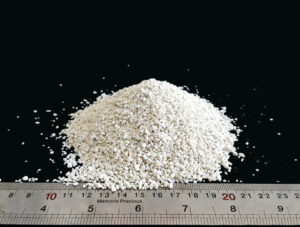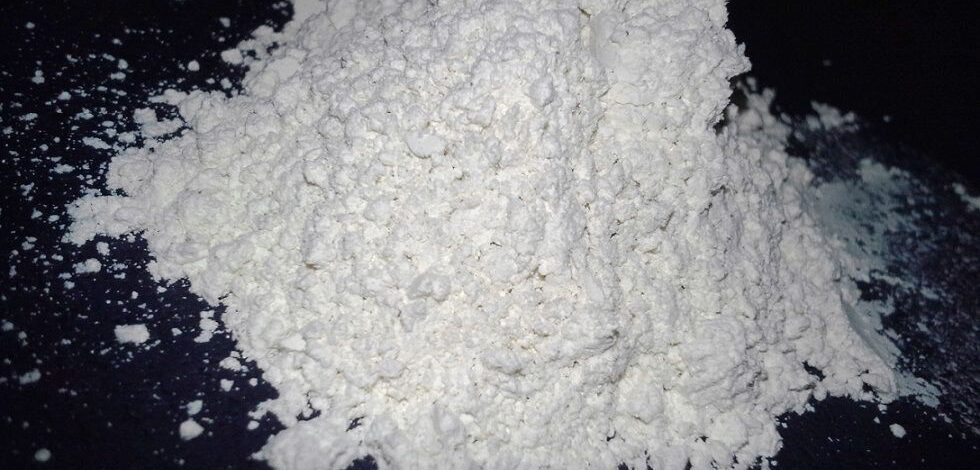Bentonite, a naturally occurring clay mineral,
has gained significant recognition in the construction and civil engineering sectors due to its unique properties and versatility. Composed primarily of montmorillonite, bentonite is known for its excellent water absorption, swelling capacity, and binding properties. This article explores the various applications of bentonite in construction and civil engineering, highlighting its benefits and importance.

What is Bentonite?
Bentonite is formed from the weathering of volcanic ash and is primarily composed of montmorillonite clay. It comes in different types, including sodium and calcium bentonite, each offering distinct properties suited for various applications. In construction, bentonite is valued for its ability to enhance soil properties, provide waterproofing solutions, and serve as a reliable binder in various materials.
Benefits of Bentonite in Construction
1. Soil Stabilization
One of the primary uses of bentonite in construction is soil stabilization. When mixed with soil, bentonite improves its mechanical properties, increasing its strength and stability. This is especially important in foundation work, where a stable base is essential for supporting structures. The addition of bentonite helps prevent soil erosion and enhances load-bearing capacity, ensuring the longevity of constructions.
2. Waterproofing Solutions
Bentonite is widely used in waterproofing applications due to its remarkable ability to swell when exposed to water. This swelling creates a tight seal that prevents water ingress, making it an ideal choice for below-grade structures, such as basements and tunnels. Bentonite-based waterproofing membranes are commonly used in construction projects to protect structures from moisture damage and ensure durability over time.
3. Sealing and Containment
In civil engineering projects, bentonite is used as a sealing agent in landfills and containment facilities. Its low permeability properties make it effective in preventing the migration of contaminants. By incorporating bentonite into landfill liners and caps, engineers can minimize environmental risks and ensure the safe containment of hazardous materials.
Applications of Bentonite in Civil Engineering
1. Drilling Fluids
Bentonite is a key component in drilling fluids used in various civil engineering applications, including the construction of boreholes and wells. Its ability to create a thick, viscous fluid helps stabilize the borehole walls during drilling operations. This prevents collapse and ensures the safe extraction of resources, such as oil, gas, and groundwater.
2. Grouting
In civil engineering, bentonite is often used in grouting applications to fill voids and improve the stability of structures. When mixed with water, bentonite forms a slurry that can easily flow into cracks and cavities. This application is particularly valuable in repairing and reinforcing foundations, as it helps create a solid barrier against water infiltration.
3. Lightweight Fill Material
Bentonite can also be used as a lightweight fill material in construction projects. Its low density makes it an effective solution for reducing the load on underlying soil layers, especially in areas where traditional fill materials may pose a risk of settlement or instability. This application is beneficial in road construction, embankments, and other civil engineering projects where minimizing weight is critical.

